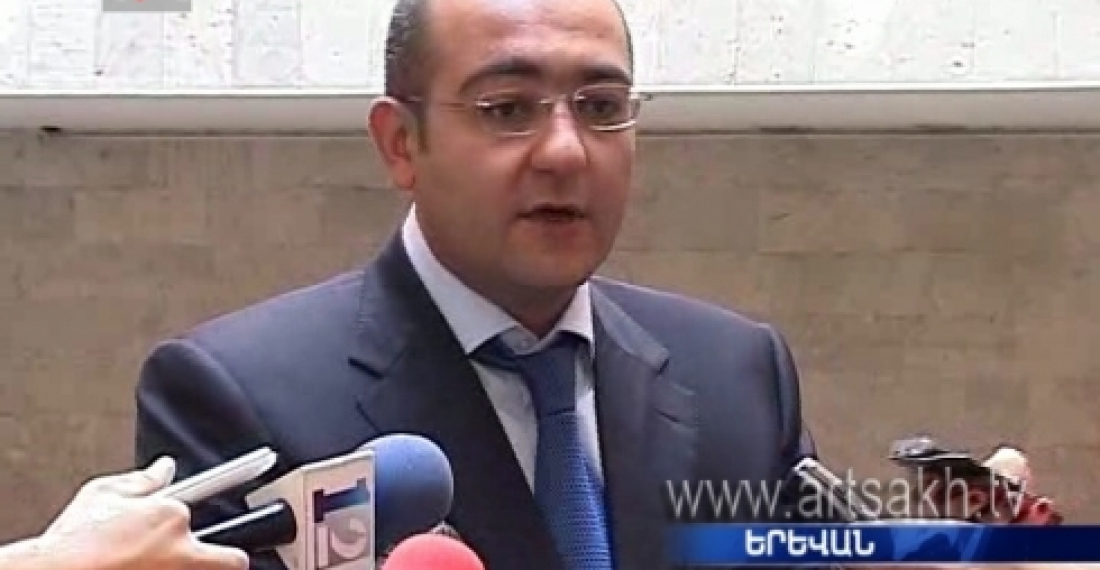В 2012 году в Нагорно-Карабахской Республике будет реализовано 6 новых программ в сферах сельского хозяйства, информационных технологий и использования недр.
Как сообщает собкор АрмИнфо в Степанакерте, программа геологических исследований, содержащая в себе ряд разных подпрограмм, будет направлена на изучение и оптимальное использование недр, дальнейшее развитие ведущей промышленной отрасли - горнорудного производства, на которое приходится 45% объемов промышленного производства республики.
По словам министра экономического развития НКР Карена Есаяна, впервые при планировании госбюджета сфере изучения недр уделяется столь серьезное внимание. Как отметил премьер-министр НКР Ара Арутюнян, через 2-3 года в НКР будут введены в эксплуатацию несколько горнорудных предприятий, не уступающих по своей мощности ведущему на сегодня Дрмонскому комбинату по производству медно-золотого концентрата. В сфере сельского хозяйства в 2012 году, в частности, будет задействована экспресс-лаборатория, деятельность которой позволит сделать более эффективными полевые работы. Будет усилена материально-техническая база сферы информационных технологий.







